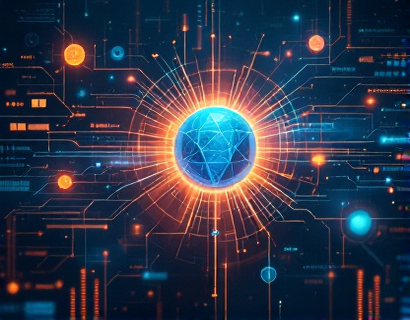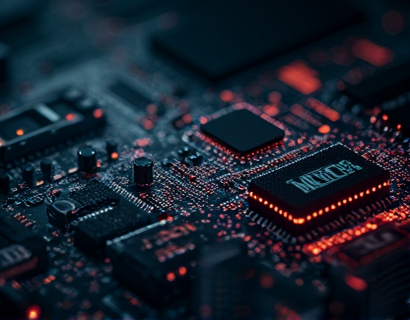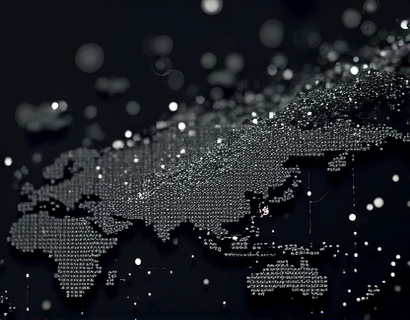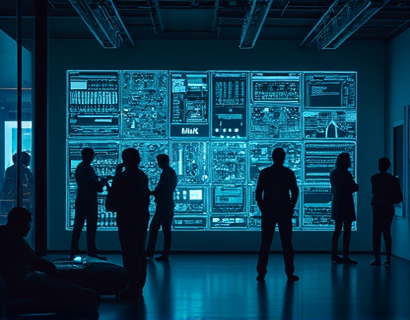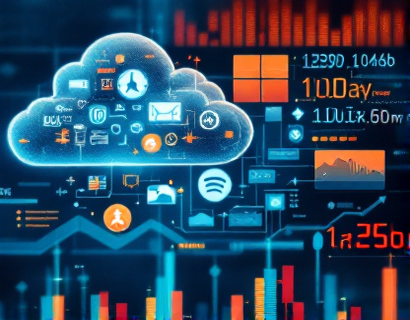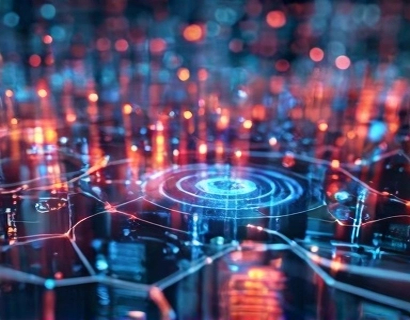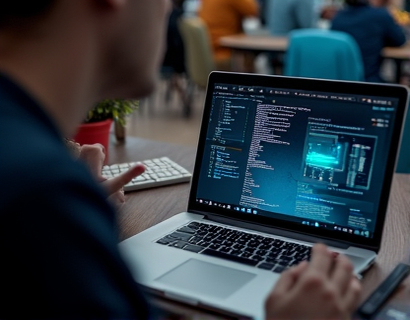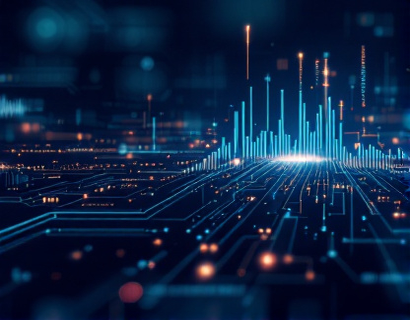Decentralized Productivity: Turbo-Charged with AI and Crypto Integration
The intersection of artificial intelligence and cryptocurrency is giving birth to a new era of decentralized productivity tools. These cutting-edge technologies, when combined, offer unprecedented opportunities to enhance efficiency and user experience. This article delves into the transformative impact of AI and crypto integration on workflow optimization, exploring how these advancements are redefining the digital landscape.
Understanding Decentralized Productivity
Decentralized productivity refers to the use of decentralized technologies to improve and streamline work processes. Unlike traditional centralized systems, decentralized systems distribute control and data across a network, eliminating single points of failure and enhancing security. The integration of AI and cryptocurrency into these systems amplifies their capabilities, making them more intelligent, secure, and efficient.
AI in Decentralized Productivity
Artificial intelligence plays a pivotal role in decentralized productivity by automating complex tasks, providing insights, and enhancing decision-making processes. AI algorithms can analyze vast amounts of data from decentralized networks, identifying patterns and optimizing workflows in real-time. This synergy allows for the creation of smart, adaptive systems that learn from user interactions and improve over time.
One of the key applications of AI in decentralized productivity is in the realm of smart contracts. AI can enhance smart contracts by adding layers of logic and conditionality, making them more versatile and powerful. For instance, AI-driven smart contracts can automatically adjust terms based on real-time data inputs, ensuring that agreements are not only binding but also dynamic and responsive to changing conditions.
Cryptocurrency and Decentralized Finance (DeFi)
Cryptocurrency, the digital or virtual currency that uses cryptography for security, is a cornerstone of decentralized productivity. Decentralized Finance (DeFi) platforms leverage blockchain technology to offer financial services without intermediaries. These platforms enable users to lend, borrow, trade, and manage assets in a transparent and secure manner.
In the context of productivity, DeFi provides a robust framework for managing financial aspects of work processes. For example, tokenized rewards can incentivize team members based on their contributions, ensuring fair and transparent compensation. Additionally, decentralized lending platforms can provide the necessary capital for projects without the need for traditional banking systems, reducing bureaucracy and increasing access to funds.
Enhancing User Experience with AI and Crypto
The combination of AI and cryptocurrency significantly enhances user experience in decentralized productivity tools. AI-driven interfaces can adapt to individual user preferences, providing personalized workflows and recommendations. This level of customization ensures that users can focus on their tasks without being bogged down by unnecessary steps or configurations.
Cryptocurrency adds another layer of convenience by enabling seamless transactions within these platforms. Users can securely and instantly transfer assets, pay for services, and manage their digital identities without the need for intermediaries. This not only speeds up processes but also reduces costs and enhances privacy.
Security and Trust in Decentralized Systems
Security is a paramount concern in any productivity tool, and decentralized systems powered by AI and cryptocurrency address this through robust cryptographic techniques and distributed consensus mechanisms. Blockchain technology ensures that data is immutable and tamper-proof, providing a high level of security for sensitive information.
AI enhances security by detecting and mitigating threats in real-time. Machine learning algorithms can identify unusual patterns and potential vulnerabilities, allowing for proactive measures to be taken. This combination of technologies builds trust among users, who can confidently use these tools knowing that their data and transactions are secure.
Case Studies and Real-World Applications
Several projects are already leveraging the power of AI and cryptocurrency to revolutionize productivity. For instance, a decentralized project management tool uses AI to optimize task allocation based on team members' availability and skill sets. The platform employs a token economy to reward efficient task completion and collaboration, fostering a motivated and productive team environment.
Another example is a decentralized content creation platform that uses AI to curate and monetize user-generated content. Creators can earn cryptocurrency based on engagement metrics, ensuring that they are fairly compensated for their work. The platform's AI algorithms also help in identifying trending topics and audience preferences, allowing creators to produce more relevant and engaging content.
Challenges and Future Prospects
Despite the numerous benefits, the integration of AI and cryptocurrency in decentralized productivity tools is not without challenges. Scalability remains a significant issue, as blockchain networks can struggle to handle high volumes of transactions. However, ongoing developments in layer 2 solutions and cross-chain interoperability are addressing these concerns.
Another challenge is the user adoption curve. While the potential of these technologies is clear, many users are still unfamiliar with blockchain and AI concepts. Education and user-friendly interfaces will be crucial in driving widespread adoption. As more people become comfortable with these technologies, the ecosystem will continue to grow and evolve.
Looking ahead, the future of decentralized productivity is bright. The convergence of AI, cryptocurrency, and blockchain is set to unlock new possibilities in areas such as remote collaboration, automated workflows, and decentralized governance. As these technologies mature, we can expect to see more innovative applications that further enhance efficiency and user experience.
Conclusion
The fusion of AI and cryptocurrency is transforming the landscape of productivity tools, offering a decentralized approach that enhances efficiency and user experience. By leveraging the strengths of both technologies, we can create smarter, more secure, and more user-friendly systems. As the digital world continues to evolve, embracing these advancements will be essential for staying competitive and innovative.





